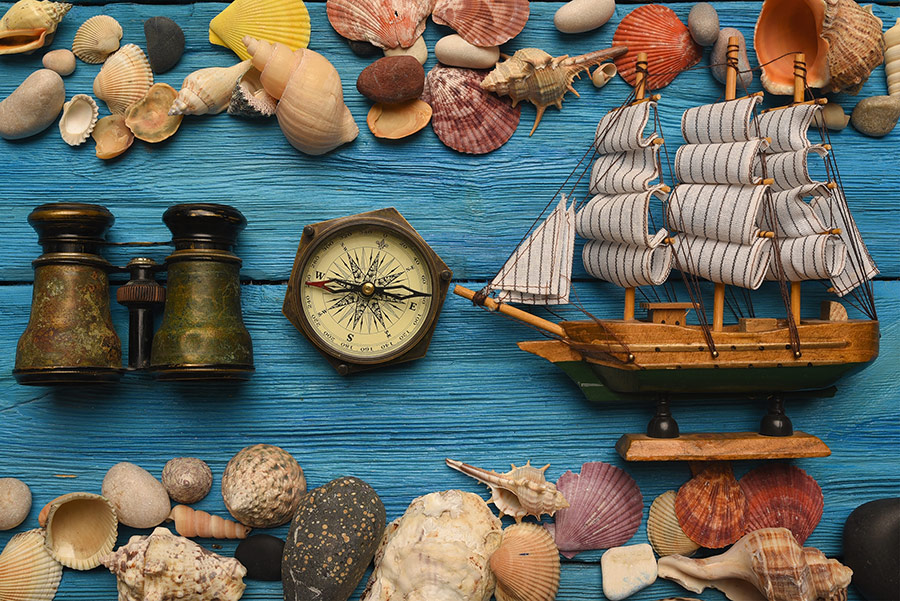Columbus Day is observed annually on the second Monday in October, and commemorates the historical figure Christopher Columbus, the navigator from Genoa, Italy widely discussed as “discovering” the Americas in his 1492 voyage across the Atlantic Ocean, which sparked European interest in the area. Check out our previous articles on Columbus Day for more information on the controversy surrounding Columbus’ actions in the Americas and the celebration of Indigenous People’s Day as a popular replacement for this holiday.
Much of Columbus’ popular image as a heroic explorer has changed with increased discussion of his enslavement, trafficking, torture, and mass killing of the indigenous people on the islands on which he landed over the course of his four voyages, including Guanahaní, Cuba, Hispaniola, Haiti, and Trinidad as well as the coasts of South and Central America. (He never actually set foot on the mainland of North America.)

Even in his time, wide reports of his brutality and his incompetence in governing so horrified his sponsors, Queen Isabella I and King Ferdinand II of Spain, that in 1500 a delegation was sent to arrest Columbus, strip him of his titles and much of his wealth, and remove him from the new colonies. Despite being acquitted of mismanagement charges, his reputation among his peers never quite recovered.
At the same time, the institution of Columbus Day as a holiday, which date back to 1792 and gained real steam in the mid-to-late 1800s, was a form of pushback against the virulent anti-immigrant and anti-Italian racism in the United States at the time. The 1891 New Orleans lynchings, in which a mob murdered eleven Italian-Americans, some of whom who had recently been acquitted of the unsolved murder of a local police chief, were vicious enough to threaten U.S. diplomatic relations with Italy. In an attempt to keep peace, President Benjamin Harrison formally acknowledged the 400th anniversary of Columbus’ first voyage in 1892, as a one-time national holiday.
From there, it took off in popularity as a patriotic holiday and a celebration of the national contributions of Italian-Americans, and in 1937, lobbying by organizations such as the Knights of Columbus led President Franklin Delano Roosevelt to declare it a national holiday. It did not become an official federal holiday until 1971.
As a federal holiday, you can expect schools and government buildings to be closed, and no USPS mail to be delivered. Federal employees will have the day off work, but many other businesses will be operating under normal or limited hours.
If you have any questions or concerns, contact us anytime at info@gravityintprog.com. Stay safe and healthy!






